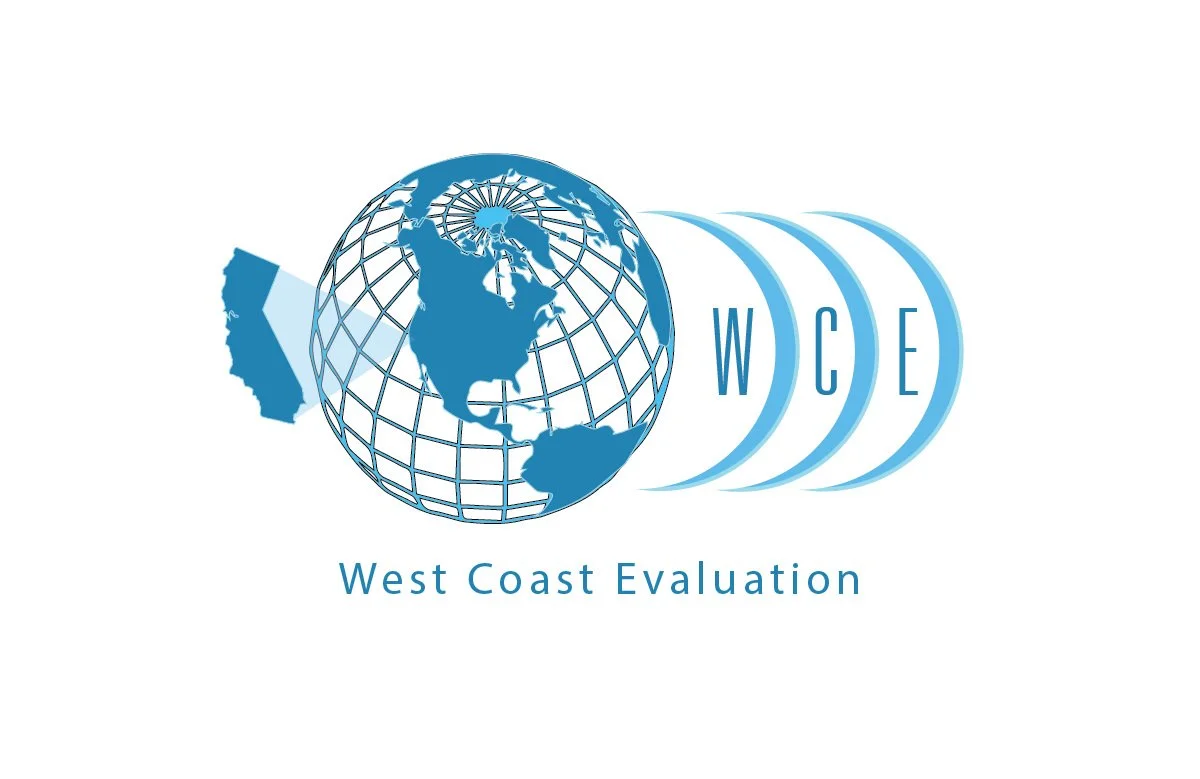The Probate Price Tag: Why Getting Your Inherited Home Valuation Right in California is a REALLY Big Deal
Imagine inheriting a home. Within those walls lie not just bricks and mortar, but echoes of laughter, whispered secrets, and a lifetime of memories. A new chapter beckons, yet before you can even turn the page, you stumble upon a legal thicket: the probate appraisal.
Probate. The very word conjures images of dusty courtrooms and endless paperwork. In essence, it's the formal legal process of settling an estate after someone shuffles off this mortal coil. And at the heart of this process lies the crucial task of accurately valuing assets, especially that Californian dream – real estate. It's far more than just slapping a price tag on a property; it's about fairness, taxes, and, crucially, preventing a Shakespearean level of family drama.
Why does this valuation matter more than you might initially think? Because lurking beneath the surface are hidden costs, like venomous snakes in a seemingly idyllic garden. Unexpected taxes can rear their ugly head, and simmering disputes between heirs can erupt into full-blown conflagrations.
The Grand Tour: Who Values What (and When) in California Probate
Let's embark on a guided tour of this intricate landscape. Our Virgil in this journey is the court-appointed probate referee.
These aren't your run-of-the-mill appraisers. In the Golden State, they are state-certified specialists, handpicked by the court, and specifically trained in the arcane art of valuing non-cash estate assets. Think of them as impartial arbiters, meticulously scoring the game of your loved one's legacy. Their mission? To determine the "Fair Market Value" (FMV) of assets. But here's the kicker: the FMV is pegged as of the date of death – a retrospective gaze into the past, rather than a reflection of today's capricious market.
The personal representative, also known as the executor, finds themselves holding the reins, tasked with gathering information and initiating the "Inventory and Appraisal" form (DE-160).
Cash, of course, is a simple beast to tame. Money, checks, and retirement lump sums can be valued directly by the executor. However, when it comes to "everything else," particularly real estate valued at over $50,000, the referee enters the stage.
The dance unfolds thus: First, an initial inventory is taken. Then, the dreaded DE-160 form is completed. A referee is appointed, who then has 60 days to perform the appraisal. Finally, the appraisal is filed with the court, ready for scrutiny.
Let's decode some of the jargon:
"Probate Referee" is your court-appointed valuation guru.
The "Inventory and Appraisal (DE-160)" is the form that sets the process in motion.
"Fair Market Value" is the price a willing buyer would pay a willing seller on the date of death.
And "Letters Testamentary/of Administration" are the documents granting the executor the authority to act.
The Siren Song of the Internet: Why Online Home Estimates Are a Probate No-Go
Ah, the digital age! The temptation is strong: "Just Zillow it!" we cry. But heed this warning: for probate purposes, those instant online estimates (AVMs) are a financial quicksand, a seductive illusion.
Why can't we simply trust the algorithm? Because algorithms are blind. They lack the discerning eye that can distinguish a diamond in the rough from a mere lump of coal. They can't tell if that inherited home is a charming fixer-upper begging for a loving hand or a meticulously renovated masterpiece. They are oblivious to structural flaws, unique architectural details, and recent upgrades (or the unfortunate absence thereof!).
Furthermore, Los Angeles County isn't one homogenous market. Property values fluctuate wildly from block to block, influenced by factors that generic data simply cannot capture. And let's not forget the margin of error. Online estimates can be off by 10%, even 20% for those grand estates. In the context of an estate, that translates to a very significant sum of money vanishing into the ether.
Think of online tools as a casual first glance, a fleeting moment of curiosity, not a legally sound, court-ready valuation.
The Costly Catastrophes: When Valuations Go Wrong
Now, let's delve into the dark side: the potential disasters that befall those who err in their valuations.
Firstly, consider the financial pitfalls that can haunt heirs:
Capital Gains Tax Shock! Undervalue the property during probate, and when the heirs eventually sell, they'll be slapped with a potentially enormous, unforeseen capital gains tax bill. This is due to a lower "stepped-up basis," the tax basis of the property, which is set to the fair market value on the date of death.
IRS Audit Alarms: The IRS casts a keen eye on estate valuations, ever vigilant for discrepancies. Intentional undervaluation can trigger severe penalties, ranging from 20% to 40% of the underpayment, plus interest, and potentially even accusations of tax fraud.
Executor on the Hook: The personal representative is bound by a "fiduciary duty," a sacred trust. If they botch the valuation, whether knowingly or through sheer negligence, they could be held personally liable for the resulting losses and legal fees.
But the ramifications extend beyond mere finances. Family feuds can erupt, leaving emotional scars that time may never fully heal:
Sibling Squabbles: Imagine one heir inheriting the "undervalued" home while another receives a smaller cash inheritance. A classic recipe for resentment, animosity, litigation, and a probate process that stretches on ad infinitum.
Creditor Conundrums: An undervalued estate can throw a wrench into how creditors are paid, leading to further legal challenges and complications.
The Probate Treadmill: Disputes and the need for re-appraisals add months, perhaps even years, to an already lengthy process, which typically lasts 9-18 months in California, and even longer in complex cases.
LA County's Unique Hurdles: Court confirmation sales, particularly those involving "limited authority," introduce additional layers of complexity and may necessitate new appraisals if the sale is delayed.
The Peace of Mind Pros: Why Certified Appraisers Are Your Probate Superheroes
While the probate referee handles the lion's share of assets, unique treasures, such as rare artworks or extensive collections, might necessitate the expertise of an independent, specialized appraiser.
Look for the gold standard: ASA (American Society of Appraisers) and Appraisal Institute certified appraisers.
These professionals adhere to strict ethical guidelines (USPAP) and employ proven methodologies. They conduct thorough, in-person inspections, leaving no stone unturned. Their objective, legally defensible reports serve as your shield against family disagreements and challenges in court. Their valuations carry significant weight with both the IRS and the courts, minimizing the risk of audits and ensuring smooth proceedings. Moreover, they possess the uncanny ability to accurately pinpoint the property's value from the past (the date of death), even if time has marched relentlessly forward.
While professional appraisals do entail a cost (typically $300-$700 for residential properties, paid by the estate), consider it an investment rather than an expense. It's a small price to pay to avert the potentially devastating financial, legal, and emotional consequences of inaccurate valuations.
Navigating Tomorrow: California's Changing Landscape (and How to Prepare)
The landscape of probate in California is ever-shifting, a reflection of the state's dynamic real estate market and evolving legal framework.
Most notably, consider Proposition 19, a game-changer for inherited property taxes. Since February 2021, inherited homes are generally reassessed to their current market value. Unless a qualifying heir uses the property as their primary residence within one year (and meets specific value limits), prepare for a potentially significant increase in property taxes. This makes an accurate date-of-death appraisal even more critical for heirs, empowering them to understand their future tax burden and make informed decisions about whether to retain or sell the property.
Given the ever-evolving maze of probate law and real estate markets, the ongoing role of skilled probate attorneys and certified appraisers is vital. They are the guides, the navigators, the guardians of legacies.
Conclusion: Don't Leave Your Loved One's Legacy to Chance
In conclusion, accurate probate appraisals form the bedrock of fair estate distribution, tax compliance, and family harmony.
Don't let the technicalities overwhelm you. From the outset, engage qualified professionals: a knowledgeable probate attorney and a certified appraiser. It's the most prudent path to honor your loved one's wishes, secure your inheritance, and avoid unnecessary stress and expense. After all, a legacy deserves to be protected, not squandered.
Need a Certified Probate Appraisal?
West Coast Evaluation delivers impartial, court-ready valuations that protect your estate’s true worth. Our USPAP-compliant reports are trusted by attorneys, fiduciaries, and families across Southern California.



